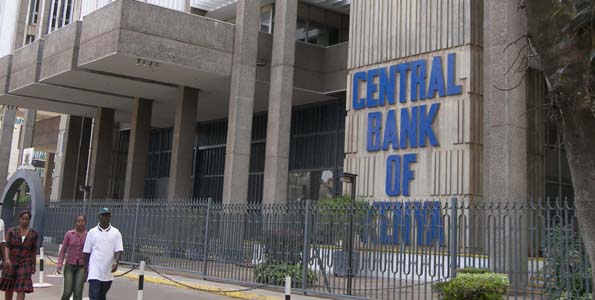The Central Bank of Kenya has started reviewing the credit information sharing (CIS) system following increased complaints that reference bureaus are only concentrating on blacklisting of defaulters.
The licensing of credit reference bureaus (CRBs) by the CBK was expected to herald a regime in which customers would be given credit based on their repayment history.
However, since the introduction of CIS eight years ago, the trend has been for banks to use the information to punish customers with a bad credit history instead of rewarding loyal borrowers.
In addition, the methods of assessing credit-worthiness does not meet standard.





